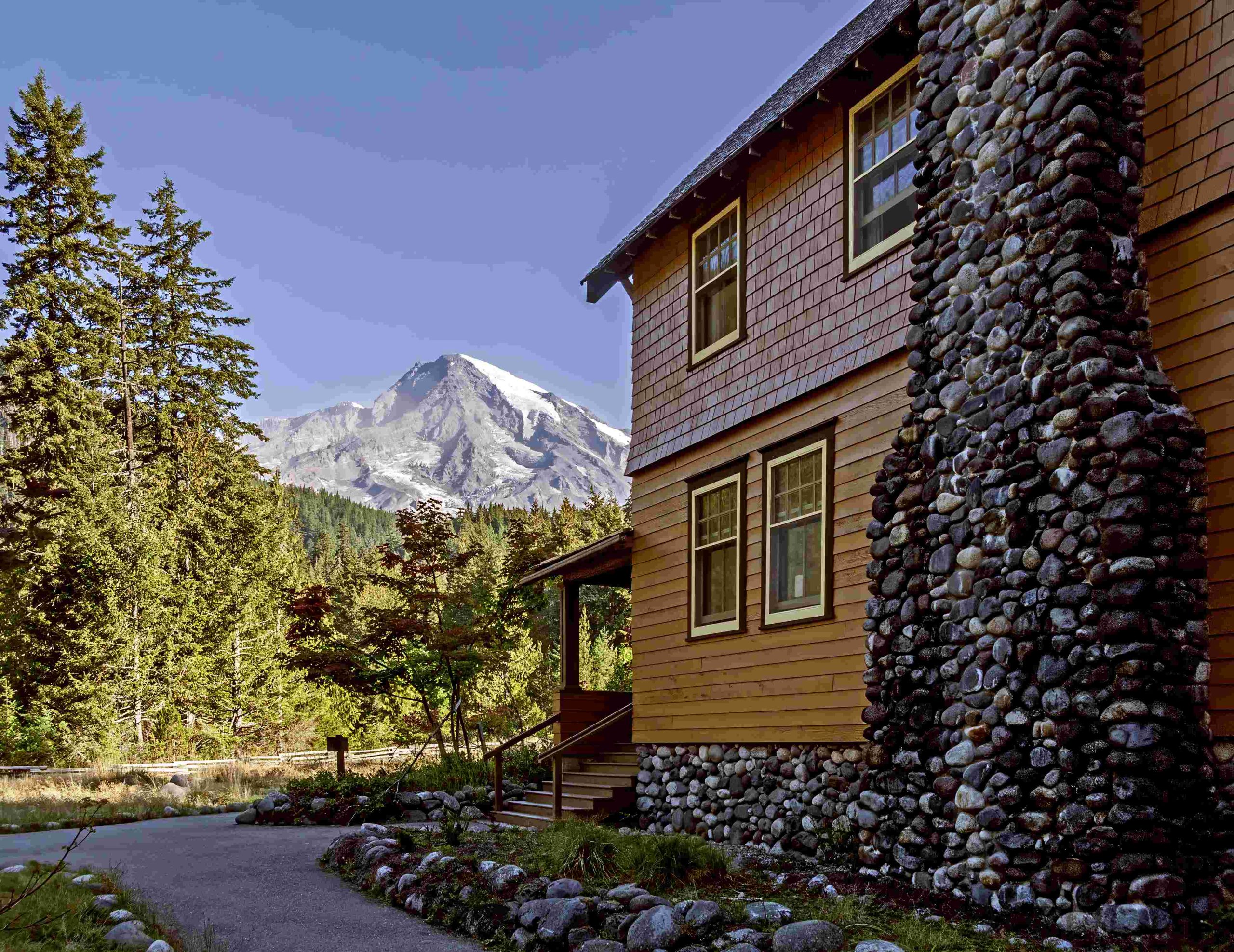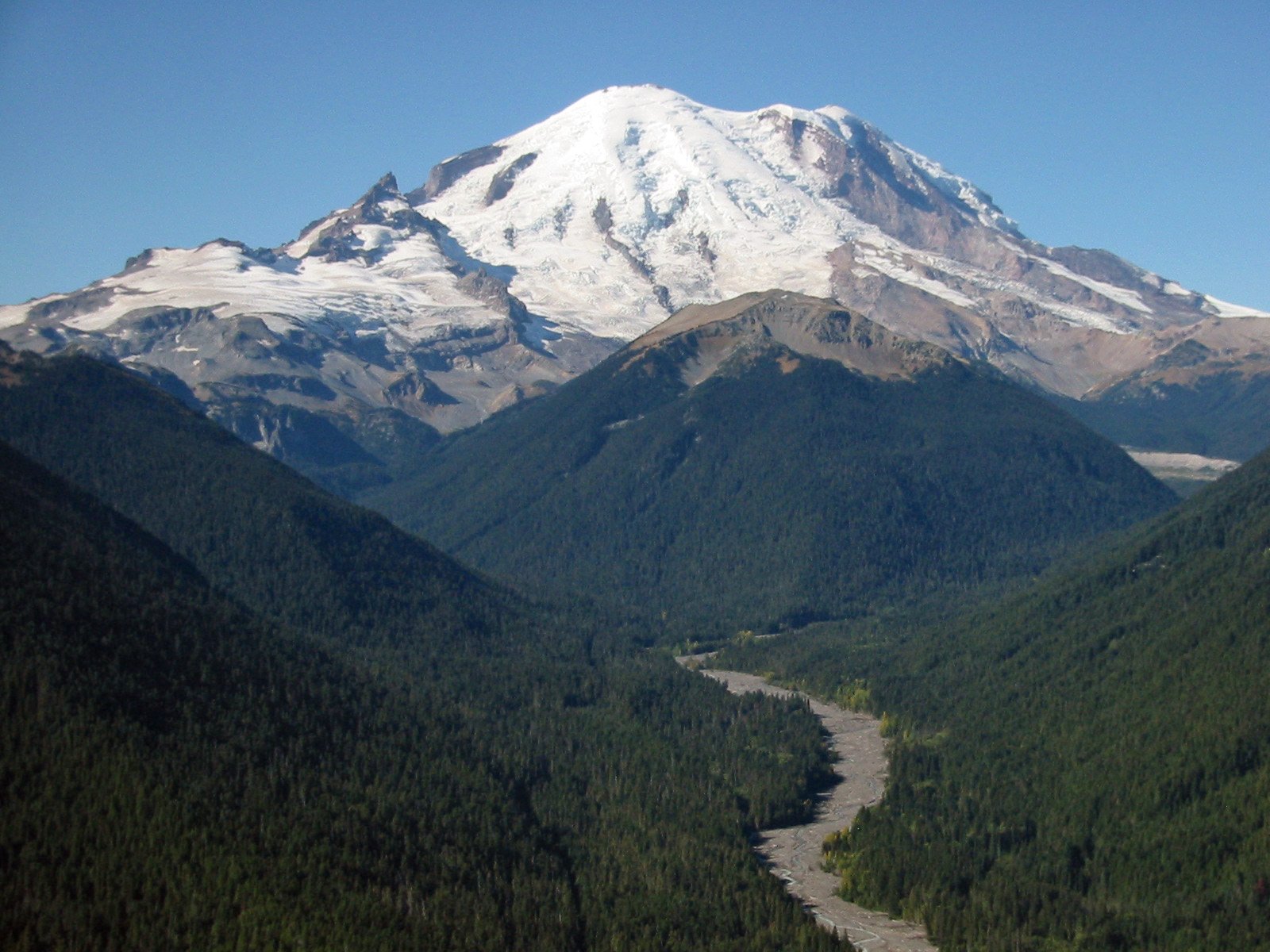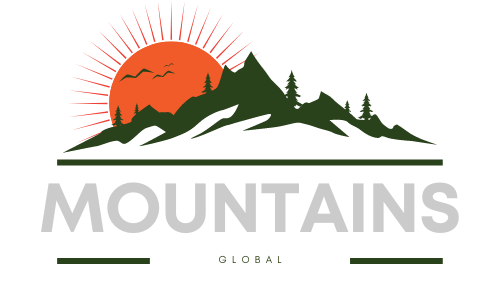Preparing for a Mount Rainier climb requires careful planning and the right gear. The alpine ascents Mount Rainier gear list includes essential items such as technical climbing equipment, appropriate clothing layers, and safety gear. This comprehensive guide covers everything you need for a successful and safe ascent of this iconic peak.
What Technical Gear Do I Need for Mount Rainier?

The following technical gear is crucial for your Mount Rainier climb:
- Ice Axe
- Climbing Harness
- Crampons
- Avalanche Transceiver
- Helmet
- Rope and Anchors
- Belay/Rappel Device and Carabiners
Ice Axe Specifications
| Height | Recommended Ice Axe Length |
|---|---|
| Up to 5’8\” | 65 cm |
| 5’8\” to 6’2\” | 70 cm |
| Taller than 6’2\” | 75 cm |
Ensure the spike is a few inches above the ground when held at your side.
What Clothing Should I Pack for Mount Rainier?

Proper clothing is essential for comfort and safety on Mount Rainier. Here’s a breakdown of the layers you’ll need:
- Base Layers
- Wicking, quick-dry underwear
-
Midweight wool or synthetic socks
-
Mid Layers
- Lightweight long underwear top and bottoms
-
Fleece or soft-shell jacket
-
Outer Layers
- Midweight puffy jacket with hood
- Soft-shell pants
-
Waterproof/breathable rain jacket and pants
-
Accessories
- Warm hat (wool or synthetic)
- Ball cap or sun hat
- Buff or neck gaiter
- Gloves and mittens (liner, midweight, and heavy-insulated)
- Gaiters
How Do I Choose the Right Footwear for Mount Rainier?
Selecting appropriate footwear is crucial for your Mount Rainier climb:
- Mountaineering Boots: Must be crampon-compatible
- Double Boots: May be required if the freezing level is below 10,000 feet
What Sleeping and Cooking Gear Should I Bring?
For overnight stays on the mountain, you’ll need:
- Sleeping Bag (rated for 0°F–30°F or -20°F–0°F for colder conditions)
- Insulated Sleeping Pad
- Mountaineering or Backpacking Tent
- Backpacking Stove and Fuel
- Cooking Pot (2 liter)
- Pot Lifter
- Lighter
What Safety Equipment is Essential for Mount Rainier?
Safety should be your top priority. Include these items in your gear list:
- Headlamp with extra batteries (100 lumens or brighter)
- Glacier Glasses (close to 100% frame coverage, less than 10% light transmission)
- Goggles (optional, weather dependent)
- First Aid Kit
- Emergency Shelter (lightweight bivy sack)
- Avalanche Probe and Shovel
How Should I Prepare for Navigation on Mount Rainier?
Proper navigation tools are crucial for a safe climb:
- Map and Compass (with map case or plastic bag)
- GPS (optional but recommended)
- Two-Way Radios (optional for communication)
What Permits and Regulations Should I Be Aware Of?
Before your climb, ensure you have:
- Climbing Permits (required for all climbers)
- Knowledge of Environmental Regulations (proper waste disposal, respect for natural resources)
Where Are the Main Access Points for Mount Rainier?
The primary access points for Mount Rainier climbs are:
- Paradise Visitor Center
- Main starting point for most climbs
-
Parking facilities available
-
White River Campground
- Alternative access for some routes
- Parking and camping facilities available
Remember to check the latest weather forecast and snow conditions before your climb. Be prepared for varying conditions including snow, ice, and potential avalanches.
By following this comprehensive alpine ascents Mount Rainier gear list and being aware of the logistical information, you’ll be well-prepared for your adventure on this magnificent peak.
